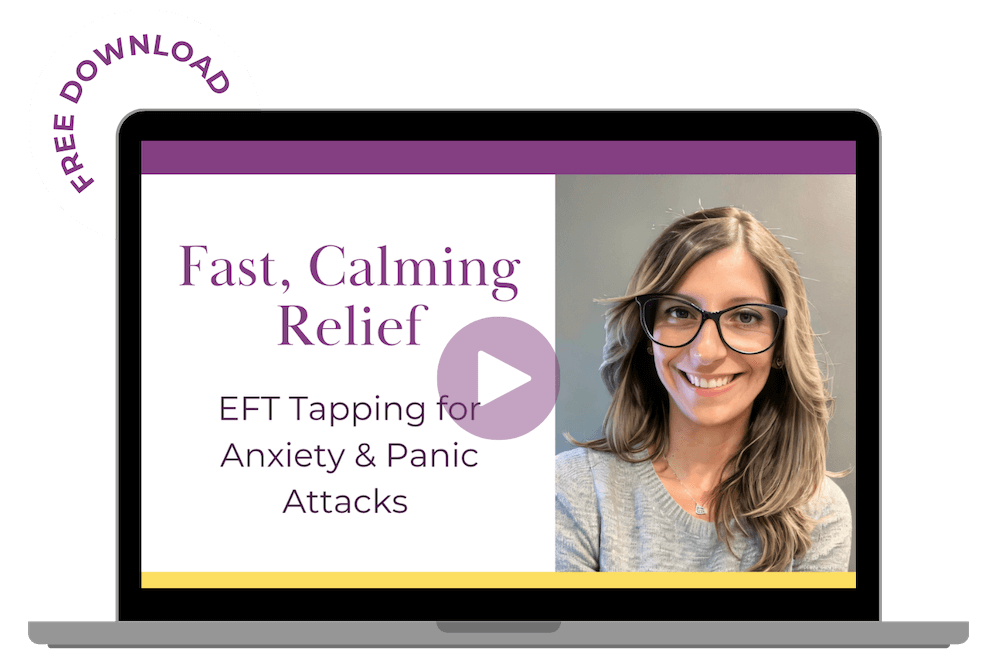The impacts of collective trauma reach deep into the fabric of our societies, weaving a narrative of sorrow and struggle that can last for generations. But it’s not the end of the story. With resilience and the right tools, it is possible to transform the legacy of pain into one of profound healing and growth.
Generational trauma, passed down through familial lines, and collective grief – a community’s response to a shared loss – can seem like insurmountable forces. Yet, in acknowledging them, seeking support, fostering resilience, and engaging in collective healing activities, we can break the cycle and chart a new course for the future.
Acknowledgement as the First Step
Before any real progress can be made, acknowledging the historical and ongoing impact of collective trauma is paramount. Encouraging open conversations to bring historical experiences to light is brave yet essential. The power of our narratives shapes the community’s identity, and owning the truth of our pasts is a foundational step toward healing.
The Burden of the Past
Our communities have borne the weight of unspeakable acts, cultural suppression, and shared pain. This acknowledgment of collective suffering forms the collective identity, influencing not only our individual mental health but the ethos of our societies.
The Courage to Share
Creating safe spaces where individuals can share their experiences within a community context is an act of collective strength. Whether through storytelling, art, or ritual, sharing helps to validate the emotions and challenges faced by a generation.
Professional Support and Resources for Healing
Seeking professional support is not a sign of weakness but an integral part of recovery. Therapeutic modalities, support groups, and workshops can be anchor points that guide us through turbulent emotional waters, providing tools for understanding and coping with the trauma that has shaped our lives.
The Role of Therapists and Counselors
Trained professionals play a crucial role in helping individuals and communities process their trauma. Through empathetic listening and evidence-based techniques, they guide the healing process, fostering resilience and personal growth.
Support Groups and Workshops
Peer support and communal learning environments offer unique benefits, providing diverse perspectives and a shared moral support that comes from understanding and being understood by others who have faced similar hardships.
Fostering Resilience Through Connection
Resilience is more feasible when built on a foundation of strong, supportive relationships. Forming connections within a community, whether through support networks or learning to cultivate resilient traits, can mitigate the isolating effects of trauma and grief.
Building Supportive Networks
Communities that create spaces for shared experiences and value the support of one another during challenging times bolster each individual’s capacity to weather their personal storms.
The Role of Community in the Healing Process
By acknowledging and addressing communal trauma, communities become agents of healing. This unity creates a support system that can help sustain individuals as they work through their healing process.
Education in Coping Mechanisms
Understanding and implementing coping mechanisms is a powerful tool in the fight against the cyclical nature of trauma. Mindfulness practices, exercise, and creative outlets are just some of the ways individuals can empower themselves to manage their symptoms and move toward healing.
The Power of the Present Moment
Mindfulness practices teach an active engagement with the present moment, grounding individuals in the now and providing a respite from the distress of past traumas.
Movement as Medicine
Physical activity allows for the expression of emotion and the release of pent-up energy or stress, promoting a sense of well-being and empowerment.
Creativity in Emotional Expression
Art, writing, and other creative outlets provide avenues for expression when words fall short. Creativity allows space for emotions, validating the individual’s experience and engaging others in their stories.
Engaging in Collective Healing Activities
Participating in activities that promote healing on a collective level offers a shared experience that fosters unity and understanding. By coming together in moments of remembrance and celebration, communities can honor their collective experiences and champion their resilience.
The Value of Symbolism and Ritual
Rituals and symbolic acts serve as touchstones for the community, joining together the broken threads of the past with the potential for a united and hopeful future.
Art, Culture, and Commemoration
Communal engagement with artistic expression and cultural traditions can transform pain into beauty, imbuing communities with a renewed sense of identity and purpose.
Empowering Future Generations
Breaking the cycle of generational trauma and collective grief requires an investment in the emotional well-being of future generations. By teaching resilience, ensuring access to mental health resources, and fostering open dialogue, we can prepare our children to live in a world unshackled by the burdens of the past.
The Role of Education in Healing
Incorporating emotional intelligence and resilience training into the educational system equips young minds with the tools to reckon with intergenerational traumas.
Shaping Policy for the Collective Good
Influencing policy to ensure access to mental health services and creating a supportive social infrastructure is a tangible way to support collective healing and the future mental health of our communities.
Real-Life Examples and Case Studies
Real stories of communities overcoming collective trauma and grief provide hope and inspiration for us all.
Healing as a Nation — The Rwandan Model
The Rwandan community’s healing process after the 1994 genocide, particularly through the “Gacaca Courts,” exemplifies the power of collective justice and reconciliation.
A Tale of Unity — The South African Truth and Reconciliation Commission
The Truth and Reconciliation Commission in post-apartheid South Africa offered a space for reconciliation and empathy, transforming the nation’s grief into a narrative of healing and unity.
Personal Stories of Resilience and Recovery
From individual families to cultural groups worldwide, there are countless stories of triumph over tragedy. These narratives testify to the indomitable human spirit and the potential for healing even the deepest of wounds.
Conclusion
Overcoming generational trauma and collective grief is a monumental task, but it is not one we face alone. By taking actionable steps to acknowledge, support, and heal, we can break the cycle that chains us to the past. Each community and individual’s healing is integral to the greater tapestry of human resilience and potential.







